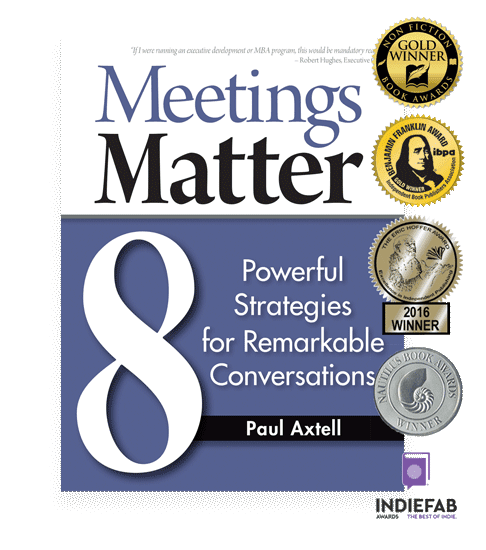Q&A with David Burkus, author of Under New Management
David Burkus is a best-selling author, an award-winning podcaster, and associate professor of management at Oral Roberts University. His latest book, Under New Management, challenges the traditional and widely accepted principles of business management and proves that they are outdated, outmoded, or simply don’t work — and reveals what does.
Read on for David’s insights on creativity, technology and how to be a popular boss.
Paul: Thank you, David, for you time and for your insights. In your book, The Myths of Creativity, you outline a practical approach for everyone to find new ideas. Would you share the essence of this approach with us?
David: Myths are stories we develop as a society or culture to explain mysterious things about the world or to reinforce shared beliefs. We’ve done the same thing with creativity. There are a lot of misconceptions about where it comes from or how it’s supposed to work that stand in the way of reaching our true creative potential. When we rewrite the myths about how creativity works, everybody benefits. For example, the Eureka Myth suggests that creative moments just appear suddenly rather than being the product of hard work.
Paul: Distraction and technology seem to be eroding our time alone – what do you think the consequences of this will be and what we can do that might impact this trend.
David: I’m both excited and terrified by connective technology. On the one hand, connectivity is going to enhance the amount of information we have access to and hence the raw material we can use to generate new ideas. On the other, as a temptation for distraction, that same technology can be a huge productivity killer. Everything in moderation – technology too.
Paul: You feature many influential authors and thinkers – like Daniel Pink and Nancy Duarte – on your podcast. Can you name four or five ideas that have come out of your of interviews that have somehow changed who you are or how you live your life?
David: I’m not sure I could narrow it down to four or five ideas, but I can mention a theme I’ve noticed with lots of people: time. Spectacular achievement, more than luck or talent, seems to be the result of putting in the time and continuing to work and improve. I realize that sounds like a cliché or something you’d see in a photo on Facebook, but at the same time, the reverse implication is fascinating. If you’re working hard on making a dent in the universe, you need to give yourself time and not get so frustrated that you haven’t “arrived” yet. It takes time.
Paul: You interviewed Anders Ericsson. How can we apply the idea of deliberate practice in everyday life even when we don’t have ten thousand hours or the desire to be the world’s best?
David: It takes a coach. When I interviewed him, he emphasized the role of feedback and spending time practicing what is hard over and over again until it’s not so hard. It’s not about the number of hours you rack up…it’s about how well spent those hours are. And without a coach or a guide, those hours likely won’t be used to their full potential.
Paul: What advice do you have for first-time supervisors who aspire to be a popular boss that everyone respects?
David: When people read my book Under New Management, they usually have one of two questions. Either they ask how to get started, or they ask what they can do if they’re not the CEO. Ironically, both are the same. Whether you’re sitting in the top seat, or you’re a brand-new manager, figure out what is blocking your people from doing their best work and find a way to eliminate it or shield them from it. Most people want to make a positive contribution, and many times the bureaucracy gets in the way. Your goal is to innovate the organization so that you can set talent free.





















































